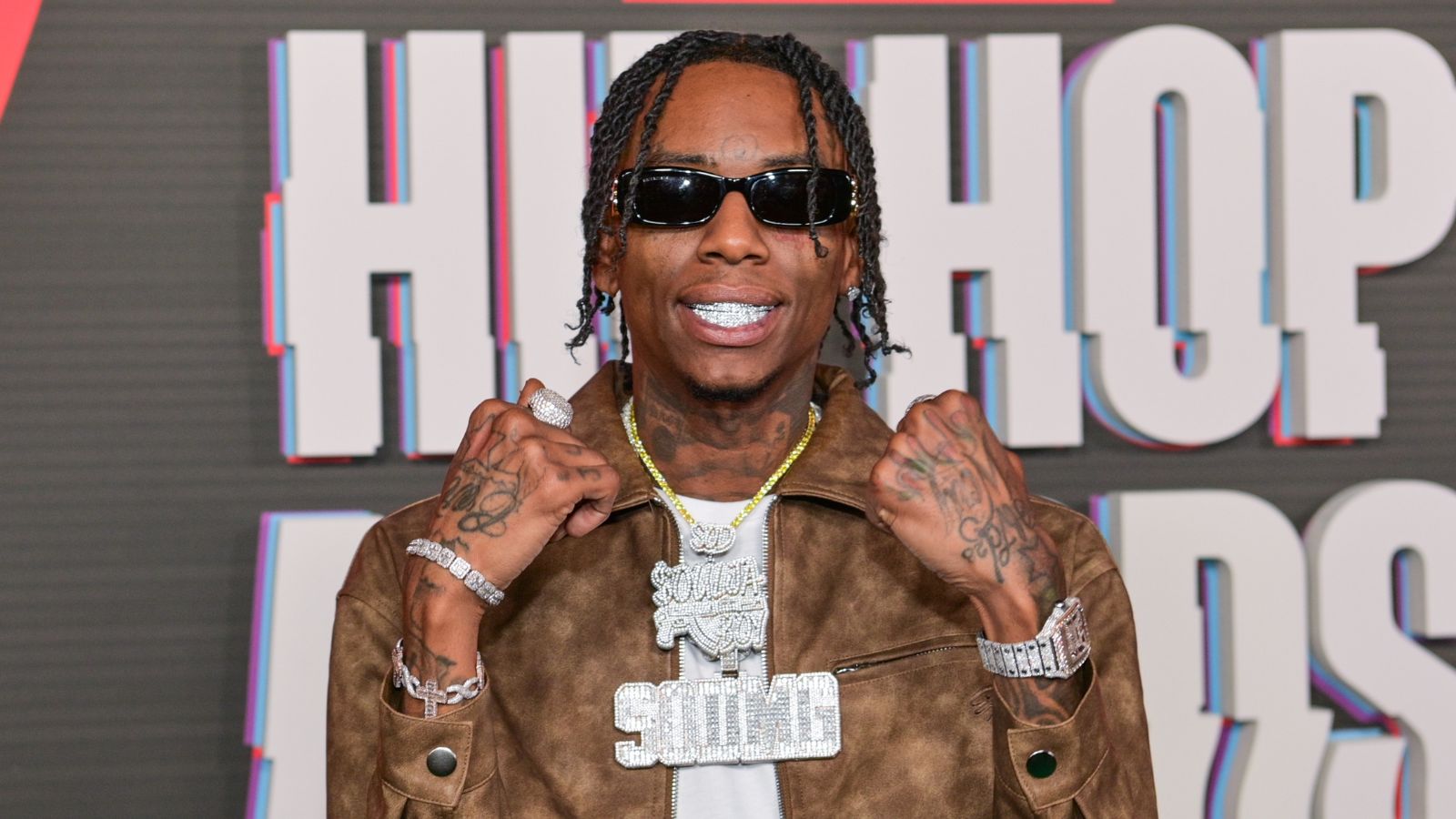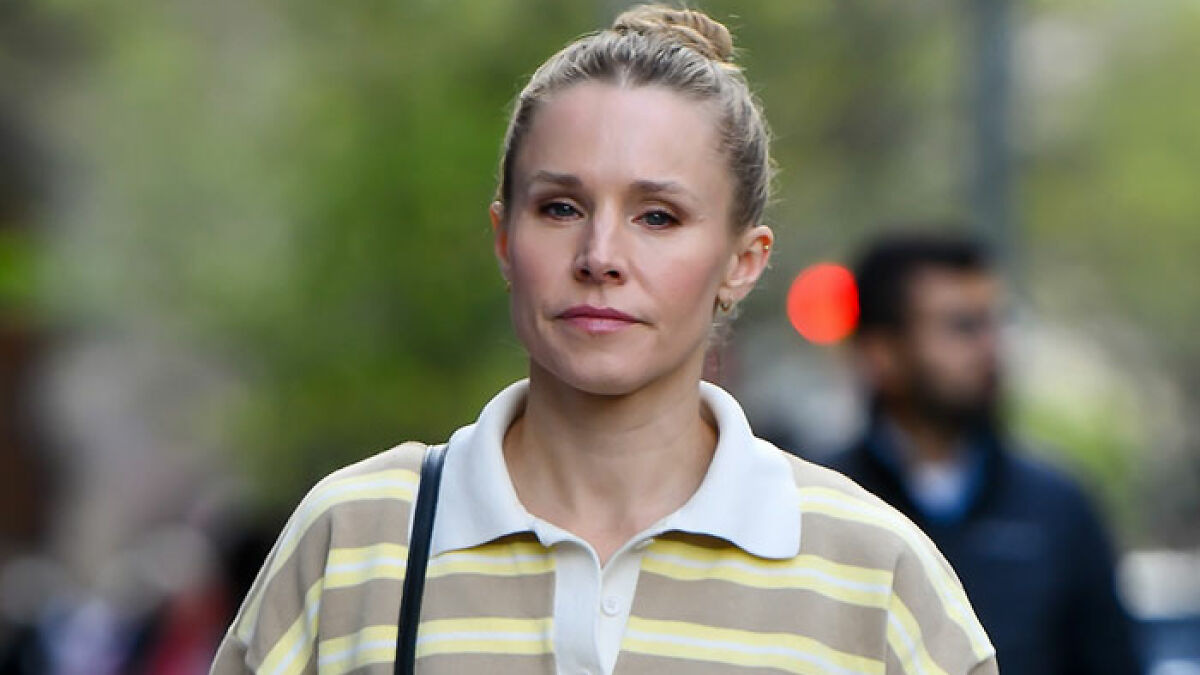Rapper and entrepreneur Soulja Boy has had gun-related charges against him dismissed, marking the resolution of a legal situation that had been pending for several months. The development comes after prosecutors elected not to pursue the case further, though the specific reasons for this decision haven’t been made fully public. This legal outcome represents another chapter in the artist’s complex relationship with law enforcement, which has seen multiple incidents over his years in the public eye.
The initial apprehension took place earlier this year when the police answered a call about a potential domestic incident at one of the rapper’s estates. During their inspection, officers allegedly found firearms on location. Considering Soulja Boy’s previous legal issues related to weapons, this resulted in serious charges being pressed. Legal analysts indicate that California’s stringent firearm regulations make these scenarios especially risky for celebrities, often leading to obligatory minimum sentences for recurrent violations.
The dismissal of charges doesn’t necessarily indicate the weapons were legally possessed, but rather suggests prosecutors determined they couldn’t secure a conviction or that pursuing the case wasn’t in the public interest. This kind of resolution isn’t uncommon in celebrity cases, where evidentiary issues or witness cooperation problems frequently arise. The rapper’s legal team hasn’t released an extensive statement about the dismissal, though sources close to the situation suggest they’re pleased with this outcome after months of negotiations.
Soulja Boy, whose real name is DeAndre Cortez Way, gained initial popularity as a teenager with his 2007 viral sensation “Crank That,” which was at the forefront of music success powered by the internet. Now in his early 30s, he has transformed into a versatile businessman while continuing his music pursuits, although he occasionally encounters legal issues. This scenario is not uncommon in hip-hop culture, where the mix of celebrity status, riches, and the cultural importance of weapons frequently leads to complex interactions with law enforcement.
Industry analysts point out that the conclusion of this case arrives at a crucial period for the artist, who has been focusing on creating new music and exploring business opportunities. Legal issues could disrupt creative flow and sponsorship chances, which makes this case’s dismissal notably important for his career path. The rapper has gained fame for his ability to transform, starting from his beginnings as a leader in dance trends to his latest moves in technology business and digital streaming.
The case also highlights broader conversations about celebrity justice systems and how high-profile individuals navigate legal challenges. While ordinary citizens might face different outcomes in similar situations, the visibility and resources available to celebrities often lead to distinct legal pathways. Some criminal justice reformers point to cases like this as examples of how the system functions differently based on status and access to high-powered legal representation.
For Soulja Boy’s fanbase, the news brings relief after months of uncertainty. Social media reactions have been mixed, with supporters celebrating the legal victory while some critics question whether fame influenced the outcome. This dichotomy reflects ongoing cultural debates about accountability, privilege, and how the justice system operates for public figures versus ordinary citizens.
Looking ahead, the rapper appears focused on moving forward with his various projects. His career has demonstrated remarkable longevity in an industry known for short attention spans, and this legal resolution removes a significant obstacle to his continued evolution as an artist and businessman. While the specifics of the case’s dismissal remain somewhat unclear, the outcome undoubtedly marks a positive development for Soulja Boy as he works to maintain his place in the ever-changing entertainment landscape.
The situation also serves as a reminder of how quickly legal fortunes can change in the entertainment world. Where one week can bring damaging headlines, the next can see cases resolved favorably. For artists like Soulja Boy who have grown up in the public eye, these legal ebbs and flows become part of a larger narrative about fame, responsibility, and second chances. As he puts this chapter behind him, the focus now shifts back to his creative output and business ambitions in an industry that never stands still.



